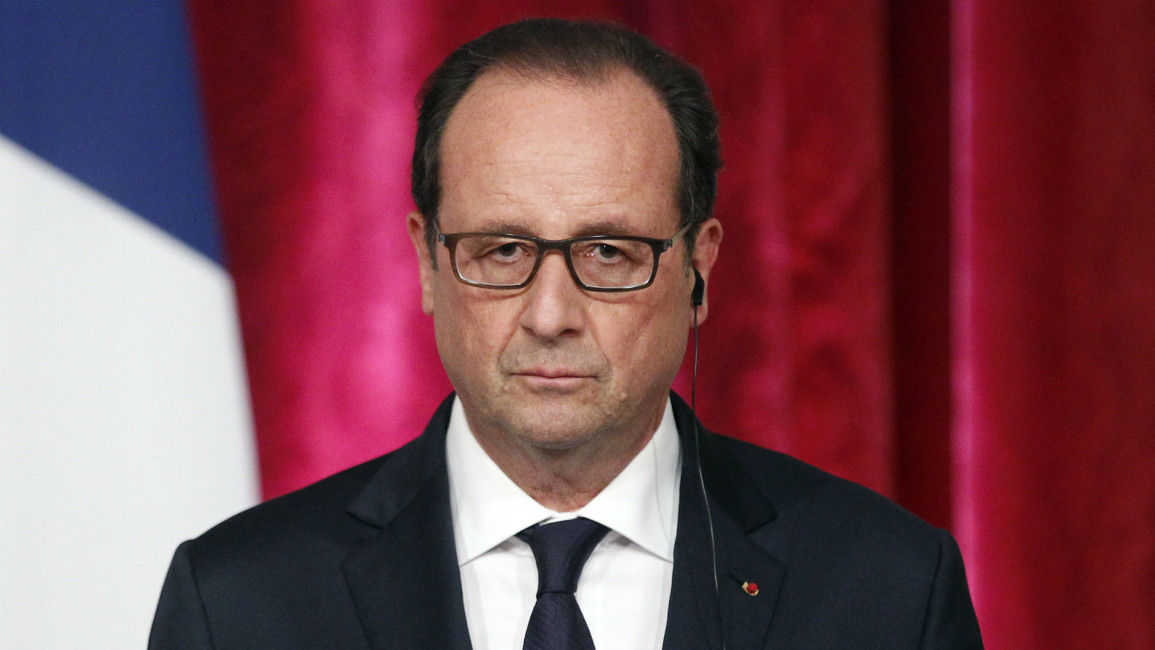
Why the GCC is courting Paris
But it has to be seen in the light of Riyadh's concerns about United States policy in the region.
Hollande's visit came in the stated context of launching political, security and economic cooperation - which both parties intend to put towards building a "strategic partnership".
Hollande spoke at length about a partnership based on understanding the region's concerns, intentions and needs.
The invitation was designed to send a strong signal to the US ahead of this week's talks between GCC leaders and US President Barack Obama.
The GCC gathering was in preparation for the Camp David trip, for implicit in Riyadh's "strategic partnership" with France is Saudi dissatisfaction with the current state of relations with Washington, a state of affairs presumably recognised by US Secretary of State John Kerry when he hurried to Riyadh the day after the GCC summit.
The regional balance
Central to all this is progress in the US-Iran nuclear negotiations and the Saudis' fear that the consequences of a final deal could spell profound changes in the regional balance of power.
In Riyadh's view, what it sees as Iranian interference in Yemen represents a direct threat to the security of the Gulf.
| Washington's position on Yemen is constrained by its desire to conclude nuclear talks with Iran as soon as possible. |
It can of course be argued that Washington's position on the Yemen conflict is to a degree constrained by its desire to conclude the nuclear talks with Iran as soon as possible.
But to the Saudis it is a continuation of a trend noticed in recent years of significant differences on key regional issues. Riyadh has been explicitly impatient with what it sees as US quiet over Iran's "aggression" in Syria and Iraq, and now Yemen.
Notably, Obama's visit to Riyadh in March 2014 did little to lessen the differences between the two sides. It was no coincidence then when King Salman, still as Crown Prince, visited China, Japan, India and Pakistan the following May, seeking new strategic arrangements to compensate for the decline in relations with the kingdom's traditional ally.
Similarly now, it is this unease over the US stance on Iran which has led to the the idea of a "strategic partnership" with France and the invitation to President Hollande to attend the summit.
The GCC's agreement with France was dictated by the common interest of both parties: France is a permanent member of the UN Security Council and can supply advanced military equipment; the Gulf region might prove to be an outlet both for France's arms manufacturers and Paris' diplomatic capabilities.
Basheer al-Baker is a Syrian-born poet and veteran journalist who has lived and worked in Paris for several years.
Opinions expressed in this article remain those of the author and do not necessarily represent those of al-Araby al-Jadeed, its editorial board or staff.
This is an edited translation from our Arabic edition.




